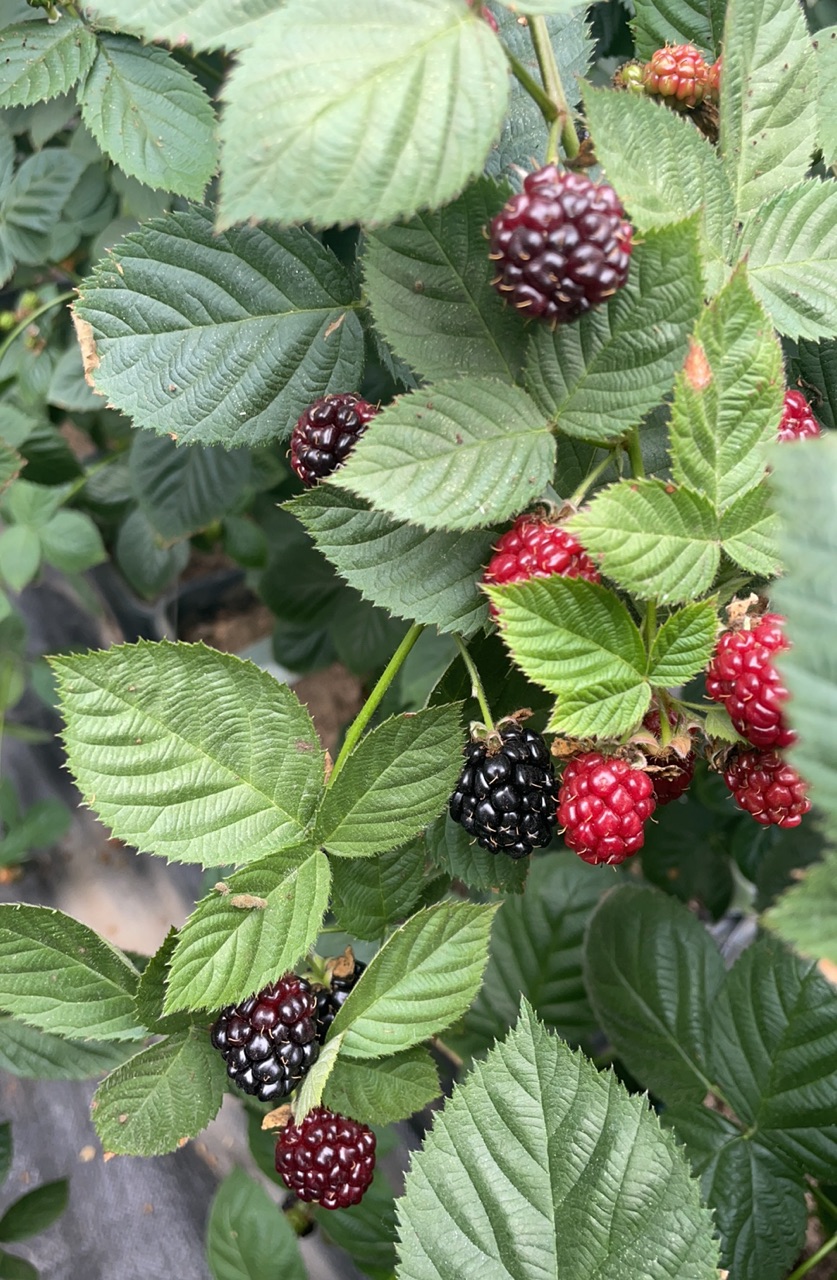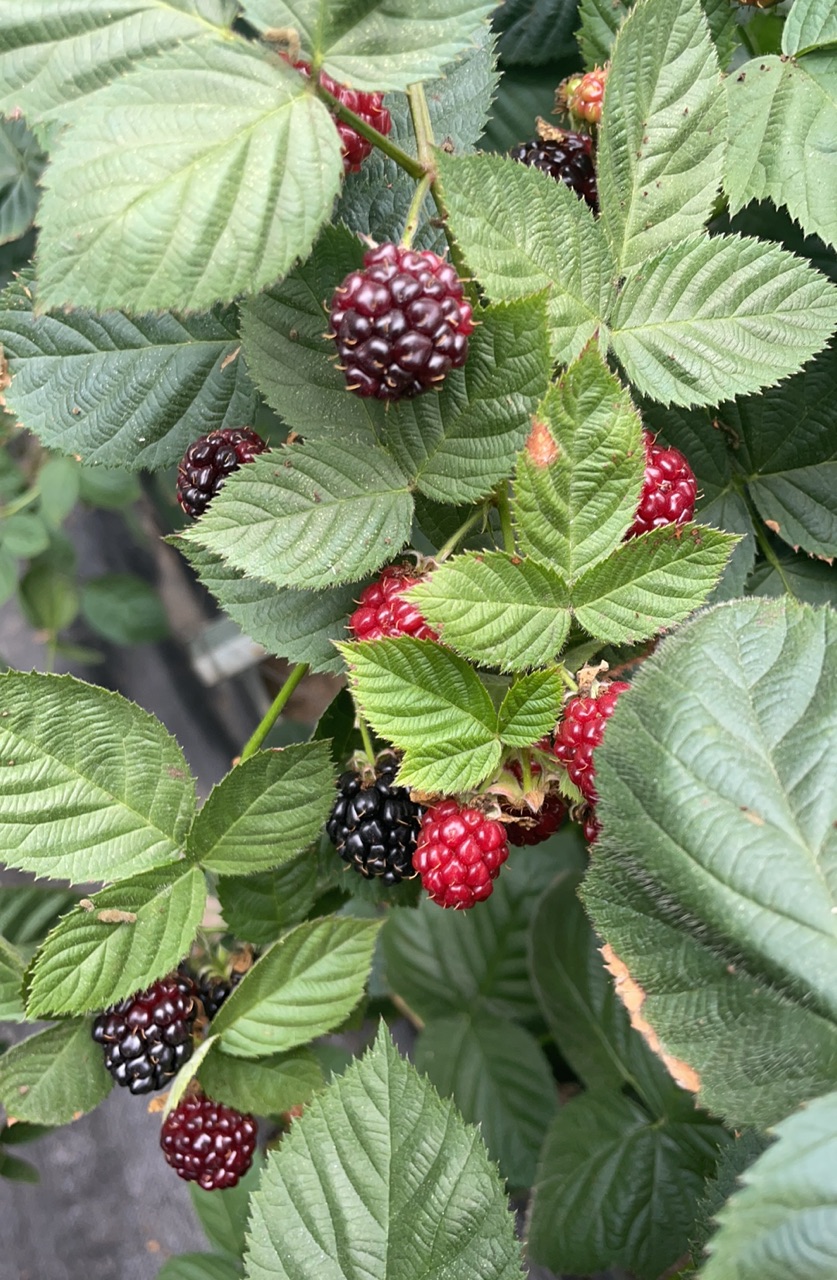
In the B2B procurement of organic frozen blackberries, many decision - makers often fall into common traps. Some overlook the importance of screening standards, while others blindly pursue low - cost options. This can lead to high product losses and poor flavor. For example, products with improper screening may have a whole - fruit rate of less than 70%, which means a significant portion of the berries are damaged during transportation and storage. Such low - quality products not only increase the cost of the supply chain but also affect the quality of the end - product. Learn more about the right procurement approach here.

The quality of organic frozen blackberries starts from the growing region. Ideal growing areas are often characterized by clean air, fertile soil, and a suitable climate. For instance, regions with an average annual temperature between 10 - 20°C and an annual precipitation of 800 - 1200 mm are considered prime locations for blackberry cultivation. These environmental factors contribute to the growth of plump, flavorful, and nutritious blackberries. Discover more about the impact of growing regions on quality.
The three - step manual screening process is like a strict fruit - picking process. In the first step, workers remove unripe and overly ripe berries. The second step focuses on eliminating damaged and diseased berries. The final step ensures that only berries of uniform size and quality are selected. This meticulous process ensures that the whole - fruit rate of the final product remains stable above 95%. Understand how the screening process guarantees quality.

Rapid freezing technology is crucial for preserving the natural flavor and nutrients of blackberries. By freezing the berries at an extremely low temperature (-30°C to -40°C) within a short time (usually within 30 minutes), ice crystals form uniformly and are small in size, preventing damage to the cell structure of the berries. This way, the blackberries retain their original taste, texture, and nutritional value. Explore the science behind rapid freezing.
Certifications such as HACCP and ISO 22000 play a vital role in the supply chain. HACCP, for example, identifies and controls potential hazards in the food production process, ensuring food safety from raw material procurement to the final product. ISO 22000 provides a systematic approach to food safety management. Products with these certifications are more reliable and can help B2B customers reduce supply chain risks. Find out how certifications safeguard your supply chain.
Customized packaging services can significantly optimize the efficiency of customer storage and usage. For example, a food processing company was facing high storage costs due to large - volume packaging of frozen blackberries. After adopting a customized packaging solution that provided smaller, more manageable packages, the company was able to reduce storage space by 30% and improve the utilization rate of the product. This case shows that customized services can bring practical benefits to B2B customers. See more successful cases of customized services.

Implementing a quality - oriented supply chain management system can bring multiple benefits. It can reduce inventory losses, as high - quality products are less likely to be damaged during storage. Additionally, high - quality frozen blackberries can enhance the premium ability of the end - product, allowing B2B customers to gain a competitive edge in the market. More importantly, long - term cooperation based on quality can build trust between suppliers and customers. Start your journey towards a high - quality supply chain now.